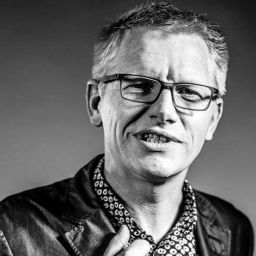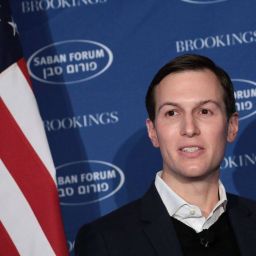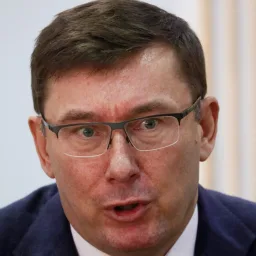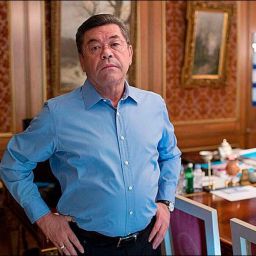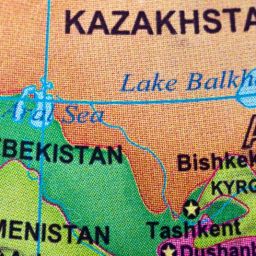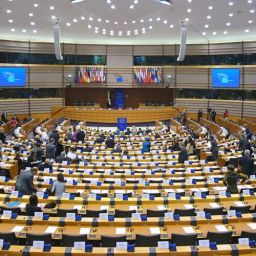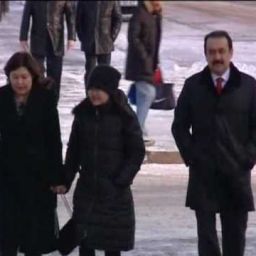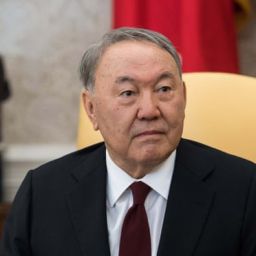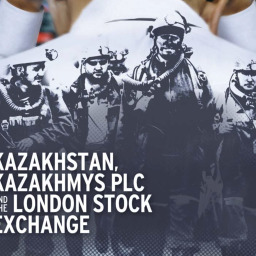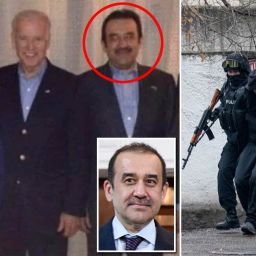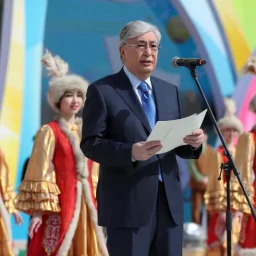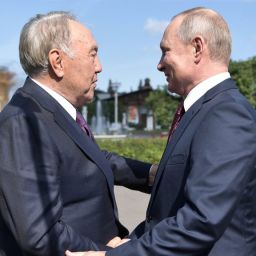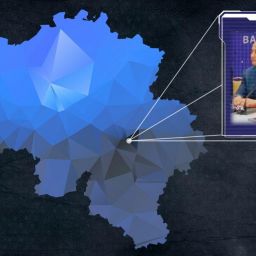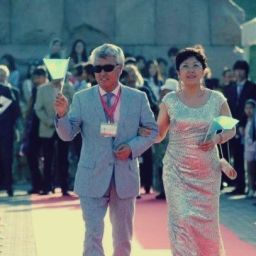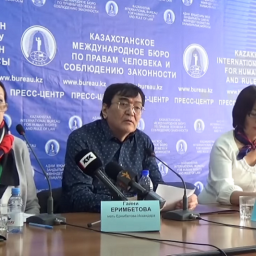Dictatorship was once famously compared to riding a tiger since there is such high risk of being devoured when dismounting from the saddle of power.
It was Sir Winston Churchill’s colourful analogy to explain why despots cling on. History shows they tend to leave office either in a coffin or overthrown in a violent coup.
In 2019, Nursultan Nazarbayev – the last surviving Soviet-era leader in power – thought he had found a third way when he stood down after 30 years running the central Asian republic of Kazakhstan, a nation the size of western Europe and rich in valuable natural resources.
He handpicked his pal Kassym-Jomart Tokayev as successor – and then insisted on chairing the security council, retaining his title as leader of the nation, placing his daughter in a key political post and taking lifetime immunity from any prosecution.
But even this careful self-preservation strategy has not proved enough.
For the vain 81-year-old strongman – who demanded adulation from 19million people and saw the capital city renamed in his honour – is reported to have fled in panic after simmering anger over his long misrule and control over state assets bubbled over this week.



Protests have flared up across the nation with crowds chanting ‘Old man, go away’ and toppling his statue – an event of awesome symbolic power for Kazakhs, many of whom have known no other leader in their lifetime.
Yet the significance goes far beyond the crashing down of Nazarbayev’s personality cult. Or indeed, some fresh embarrassment for former British prime minister Tony Blair, who pocketed millions by giving ‘public relations advice’ after Kazakh security forces shot dead 14 people in a 2011 anti-government uprising.
Blair also appeared in a video praising his Kazakh paymaster’s leadership to the fury of human rights groups.
For as blood flows once more on the streets – with claims that dozens of protesters have been killed – and Russian forces fly in, the impact of events in this largely-Muslim nation, sandwiched between China and Russia, could spread far beyond its borders.
Kazakhstan threatens to become another source of tension between the Kremlin and the West as Vladimir Putin tries to control disruptive events or the flickering of democracy in neighbouring nations.
Just look at what happened in Belarus and Ukraine – two other former Soviet states where protesters demanding reform were met with brutal responses orchestrated by Moscow.
And if the situation deteriorates, it could further drive up energy prices – which are already soaring – with damaging global consequences.
Kazakhstan is the world’s largest producer of uranium as well as a major oil, gas and coal exporter.
It is also strategically significant for Beijing – not least since it supplies more than 5 per cent of China’s gas.



The unrest, which began at the weekend, was triggered by the lifting of price caps on liquefied petroleum gas which is widely used to power cars. It led prices to more than double in a country where gross domestic product per capita is less than £7,000.
The demonstrations, reportedly starting with a few dozen people in a struggling town called Zhanaozen, spread rapidly as they snowballed into wider protests by a population fed up with corruption, inequality, low wages, surging prices and unemployment.
Behind them lies intense frustration, inflamed by the pandemic, over promises of change in a regime detached from ordinary people and devoid of opposition in a nation where a parasitical elite has feasted on the mineral wealth.
Last year, British police lost a High Court bid to force Nazarbayev’s daughter and grandson to detail how they found the cash to buy three properties worth £80million in London (his son-in-law also paid a strangely high price of £15million for Sunninghill Park, Prince Andrew’s former marital home, in 2007 – which was £3million over the asking price despite five years languishing on the market).
When Kassym-Jomart Tokayev took over, he spoke of democratic reform but failed to deliver. And this week he tried to head off the protests on Kazakhstan’s freezing streets with a fuel price cut and dismissal of his cabinet.


But the spark had been lit and unrest exploded across the country. Videos show police officers joining the ranks of protesters, pitched street battles and public buildings being attacked.
So Tokayev responded by cutting off the internet, declaring a state of emergency, unleashing his security goons, labelling protesters ‘terrorists’ and resorting to the usual trope of blaming foreign agitators.
Then he summoned the help of ‘peacekeepers’ – led by Russian paratroopers – from the Collective Security Treaty Organisation, a Moscow-led alliance of six former Soviet states.
Kazakhstan is home to the Baikonur Cosmodrome launch base for Russian-manned space missions and also has a significant ethnic Russian minority – something Putin has used elsewhere to stir tensions and subvert democracy.Few believe the Kremlin’s claims that its troops are there to ‘stabilise’ the nation. While the geopolitical implications of unrest in Kazakhstan are alarming and wide-ranging, we should not forget that at heart they are a howl of anguish by people trapped in the teeth of a hideous, thieving regime.
Original source of article: https://www.mailonsunday.co.uk/
